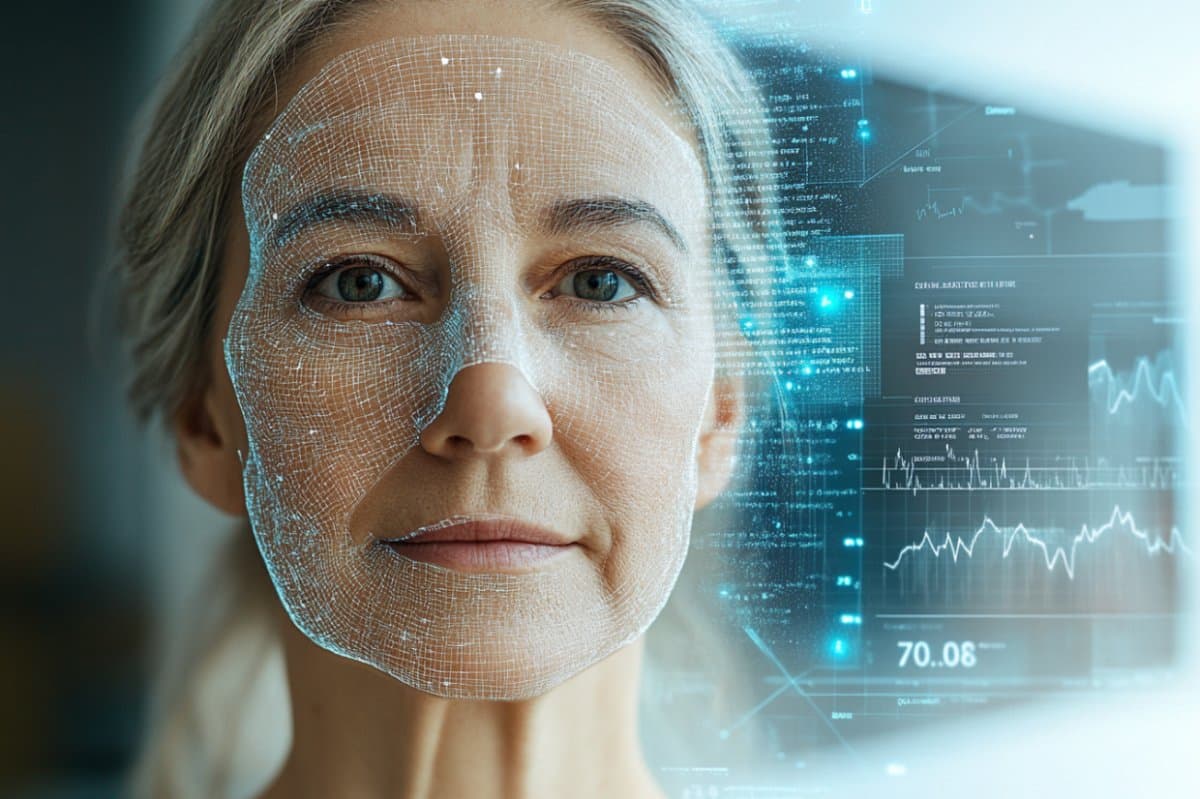
The Growing Impact of AI Agents in the Workplace and Beyond
AI continues to revolutionise industries, from automating daily tasks to reshaping entire sectors. But how does this impact businesses, employees, and the economy? Let’s delve into the latest developments in AI tools and agents and explore their potential.
AI-Powered Agents: Transforming the Job Market
The rise of AI agents has ignited a conversation about their impact on the job market. From smart assistants to autonomous agents that can perform complex tasks, these AI systems are becoming indispensable tools for businesses. However, their increasing capabilities raise concerns about the future of work.
AI Agents in Action
Recent developments such as the launch of Opera’s new “Neon” browser highlight just how advanced AI-powered tools are becoming. Neon is designed to not only interact with users but also automate tasks such as booking travel or filling out forms. The browser can even build and host apps and games in the cloud — a leap forward in making AI more proactive and task-oriented.
But AI agents are not just confined to browsers. Take the new platform from Retool, for example. It enables users to automate entire workflows with a custom AI team. This type of automation has the potential to disrupt industries and change how work is approached. According to Retool, its platform has already saved businesses over 100 million hours of manual labour. These AI systems allow businesses to operate more efficiently, but also introduce questions about employee roles and the future of human involvement in certain tasks.
The Role of AI in Product Development and Engineering
AI is also making waves in industries like engineering, where a YC-backed startup is using a new AI model to solve complex engineering problems. Trained on real-world physics data, this model can help researchers streamline tasks such as designing aerodynamic cars or optimising particle accelerators. This could drastically reduce the time it takes to move from concept to reality in fields that require significant research and development.
This new AI model is expected to revolutionise product development by shortening the typical R&D cycle from months to mere hours. Companies will benefit from increased efficiency and more innovative solutions as a result. The potential for AI to streamline engineering processes suggests that businesses will be able to bring products to market faster, making this a pivotal advancement in manufacturing and design.
Ethical Considerations and the Future of AI Agents
As AI agents become more integrated into business operations, the question of ethics and safety is increasingly under scrutiny. A notable move in this direction is the recent appointment of Netflix co-founder Reed Hastings to the board of Anthropic, an AI safety and ethics company. With his background in tech leadership, Hastings is likely to help guide Anthropic’s mission of creating AI systems that are safe, transparent, and responsible.
The focus on AI safety is crucial as agents become more autonomous. While AI has the potential to revolutionise industries, there are also concerns about its ability to make decisions without human oversight. For businesses, this highlights the need to integrate AI with governance frameworks that ensure safety and ethical guidelines are adhered to.
AI and the Future of Employment
While AI agents can enhance productivity and improve business operations, their increasing role also raises questions about job displacement. Dario Amodei, CEO of Anthropic, recently predicted that unemployment could rise by 10-20% in the next five years due to AI advancements. Entry-level, white-collar jobs are expected to be the hardest hit. However, AI could also create new job opportunities, especially for those with expertise in AI and automation.
It is crucial for businesses and governments to prepare for this shift. Rather than focusing solely on displacement, organisations should look at how they can reskill employees and create new roles that complement AI systems. Additionally, the use of AI in entrepreneurship could encourage smaller businesses and independent entrepreneurs to thrive by using AI tools for tasks that would have been otherwise out of their reach.
Key Takeaways for Businesses
- AI agents are set to automate a significant portion of manual tasks, increasing business efficiency.
- Ethical AI use is essential; businesses must prioritise safety and governance when adopting these technologies.
- AI will reshape the job market — both creating and eliminating jobs — so businesses must invest in employee reskilling.
Boosting Productivity with AI Tools
AI tools offer businesses a range of productivity-enhancing features, such as streamlining workflows and automating repetitive tasks. Tools like AssistLoop allow businesses to create custom AI chatbots quickly, while platforms like Clockwise optimise team scheduling to save valuable time. Moreover, solutions like Piny help developers edit code visually, integrating smoothly into their workflows.
These tools, powered by AI, not only free up time for employees but also allow them to focus on more creative and strategic tasks, boosting overall business performance. With the right tools in place, businesses can enhance their operational efficiency and empower their teams to perform at their best.


 OR BELOW IF YOU PREVIOUSLY USED YOUR EMAIL ADDRESS TO REGISTER:
OR BELOW IF YOU PREVIOUSLY USED YOUR EMAIL ADDRESS TO REGISTER: